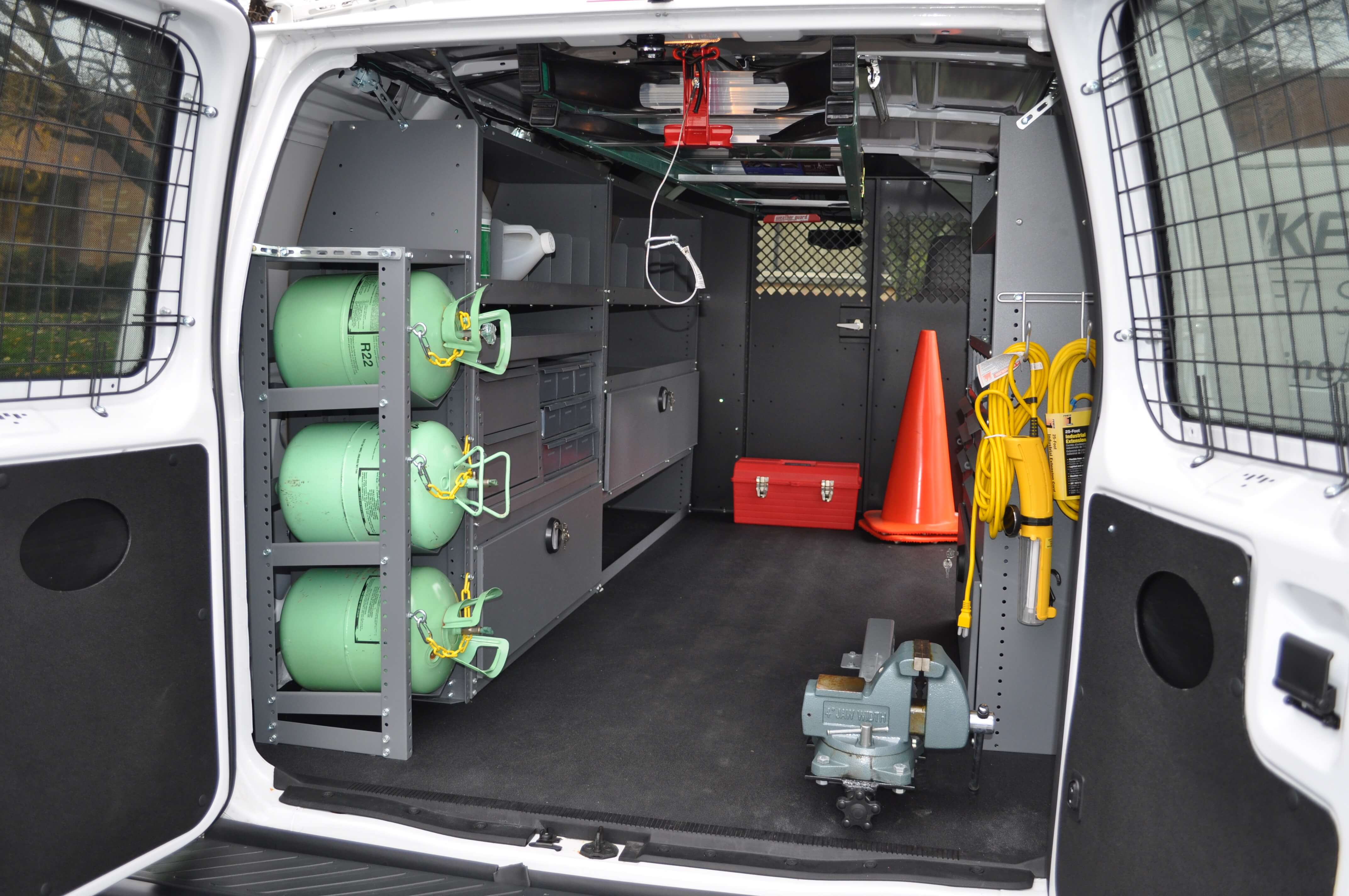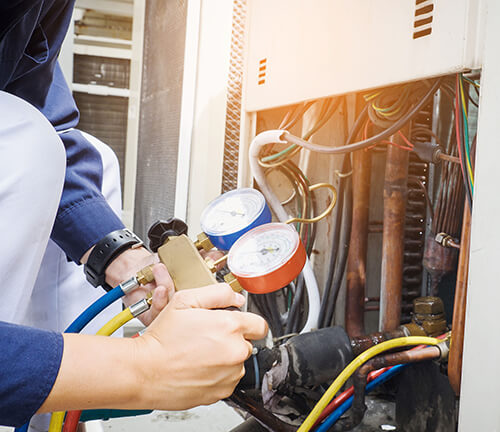High-Quality Repairs for All Systems Provided by DMAKS HVAC.
High-Quality Repairs for All Systems Provided by DMAKS HVAC.
Blog Article
Energy-Efficient Heating And Cooling Systems to Conserve on Utility Expenses
As energy costs continue to increase, the importance of energy-efficient A/c systems becomes increasingly obvious. These systems not just promise substantial financial savings on utility bills but also add to a more sustainable future by minimizing power consumption.
Benefits of Energy-Efficient HVAC Solutions
Energy-efficient A/c systems supply numerous benefits that expand beyond plain price financial savings. By taking in much less power, these systems contribute to lower greenhouse gas discharges, helping to deal with climate change and advertise sustainability.
Furthermore, energy-efficient heating and cooling systems commonly give enhanced comfort levels. Most of these systems feature innovative technology that permits better temperature level control and boosted air top quality (DMAKS HVAC). This results in a healthier indoor setting, which is specifically crucial for people with allergies or respiratory problems
Furthermore, buying energy-efficient heating and cooling systems can boost residential property value. As more customers focus on power performance, homes and structures geared up with these systems may bring in greater bids in the realty market.
Kinds Of Energy-Efficient Cooling And Heating Options
Just how can home owners and organizations choose the most suitable energy-efficient a/c options for their needs? The marketplace supplies a selection of energy-efficient a/c systems, each created to boost comfort while reducing energy usage.
One choice is the variable refrigerant circulation (VRF) system, which successfully manages the temperature in numerous areas within a building. This system adapts its refrigerant circulation to match the preferred temperature level, bring about considerable power financial savings.
One more preferred selection is geothermal heat pumps, which use the planet's secure temperature to warmth and cool spaces. By moving warmth to and from the ground, these systems show excellent effectiveness, particularly in moderate environments.
Additionally, ductless mini-split systems provide an energy-efficient option for homes doing not have ductwork. These systems permit zone-specific heating & cooling, reducing power waste in empty areas.
Finally, high-efficiency heaters and a/c, with advanced SEER and AFUE ratings, use trustworthy climate control while eating less power than typical designs. By evaluating these alternatives, property owners and businesses can pick a cooling and heating system tailored to their particular demands and power efficiency goals.
Key Features to Take Into Consideration

Next, examine the sort of compressor used in the system. DMAKS HVAC. Variable-speed compressors can readjust their output to match the home heating or cooling down need, causing enhanced comfort and power savings contrasted to single-speed models. Furthermore, look for systems outfitted with smart thermostats that offer programmable settings and remote accessibility, permitting better control over power usage
Another crucial function is the system's air filtration ability. High-efficiency filters can enhance indoor air top quality and decrease power intake by ensuring the system operates efficiently. In addition, consider the type of cooling agent utilized; contemporary systems typically use environment-friendly refrigerants that have a lower ecological influence.
Last but not least, make sure that the system is suitable with zoning modern technology, which enables customized temperature control in various locations of your home, improving comfort while decreasing power usage.
Tips for Picking the Right System


Next, think about energy efficiency ratings, especially the Seasonal Power Performance Ratio (SEER) for cooling systems and the Annual Fuel Usage Efficiency (AFUE) for heating systems. Higher rankings suggest better efficiency, which can result in significant financial savings on utility expenses in time.
Furthermore, evaluate the type of a/c system that ideal matches your way of life and budget plan. Options consist of central air conditioning, ductless mini-splits, and warm pumps, each with its own collection of advantages and disadvantages.
Don't forget the relevance of proper setup and sizing; an improperly sized system can cause inadequacies and raised wear. Lastly, seek advice from a professional a/c specialist to acquire skilled referrals customized to your home's unique demands. This extensive technique will certainly guarantee that you pick an energy-efficient heating and cooling system that fulfills your needs and budget plan efficiently.
Upkeep for Optimum Effectiveness
Once the appropriate cooling and heating system is in location, recurring maintenance ends up being essential to ensuring optimum effectiveness and longevity. A properly maintained system operates much more successfully, resulting in see this page reduced energy consumption and decreased utility bills. Regular inspections and tune-ups need to be arranged at least two times a year-- as soon as prior to the cooling period and as soon as prior to the heating period.

House owners must also be watchful about monitoring their a/c system's performance. Unusual sounds, changing temperature levels, or raised energy bills can show underlying concerns that require instant interest. By dealing with these issues immediately, homeowners can protect against costly repair services and extend the life-span of their systems.
Buying an upkeep plan with a qualified professional not only enhances effectiveness however likewise gives assurance, recognizing that the system is running at its best. DMAKS HVAC. Routine upkeep is consequently important for sustaining energy effectiveness and decreasing general operational expenses
Conclusion
In conclusion, energy-efficient heating and cooling systems offer a viable solution for minimizing utility expenses while improving convenience and air quality. By incorporating advanced modern technologies and alternatives such as geothermal heatpump and ductless mini-splits, home proprietors can achieve substantial energy savings and add to environmental sustainability. Mindful consideration of system features and recurring upkeep further guarantees optimal efficiency, Check Out Your URL making energy-efficient systems a prudent investment for both financial and environmental advantages.
Report this page